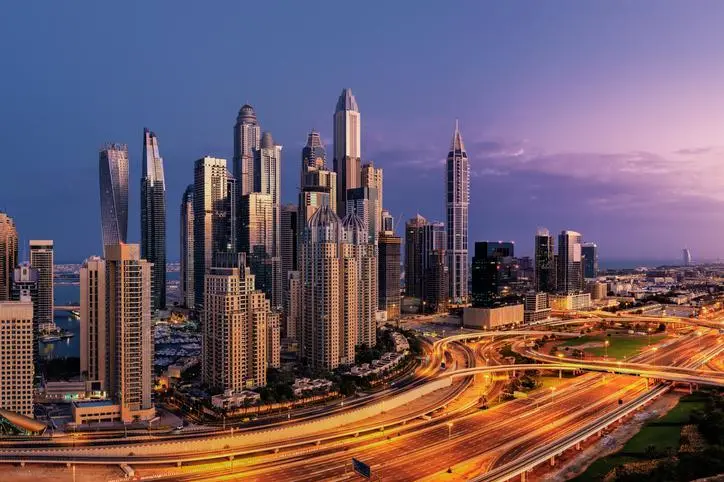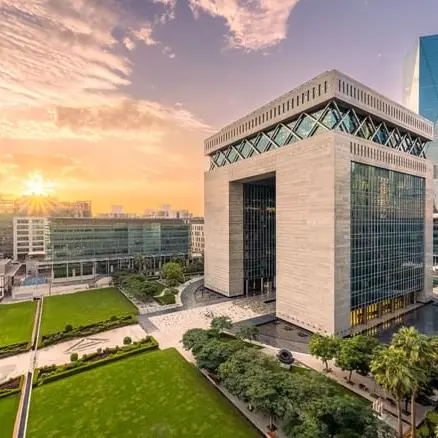PHOTO
MANAMA: Real estate sales in the GCC surged to $137.4 billion last year, eclipsing the previous two years largely due to opportunistic buying in the residential segment.
Analysis by Kamco Invest shows that real estate value transacted in 2021 grew by almost 52 per cent year-on-year from $90.5bn in 2020, whereas the level was $96.7bn in 2019.
The number of transactions in 2021 rose to 663,323 from 570,080 in 2020, while the average value per transaction in GCC bottomed out in 2021 ($207,000) and was only 7.1pc lower than the 2017 average.
Besides opportunistic buying, among key activity drivers last year were mortgage investors who sought to capture lower mortgage rates as discussions over the impact of potential rate hikes on loan rates continued to emerge.
Also aiding the buoyancy were government-led home ownership and mortgage initiatives.
The Kuwait-based market research firm, however, expects opportunistic buying is likely to be slower for the residential market in 2022 as investors are likely to monitor decisions around interest rates, and look at the trajectory of stabilised net operating income growth and steady-state cap rates.
It notes that segment fundamentals are seen holding firm over the medium term, supported by government initiatives like visa programmes, while the mortgage market develops further to improve home ownership.
“We still require rents to move towards a late-stage recovery phase in the cycle. The more affordable segment of the residential rental market is expected to continue to see tenant migration, as supply increases which should prevent large rental increases, in our view,” said the report’s author Thomas Mathew.
“In terms of prices, growth is likely to be more muted than in 2021, as more inventory from developer supply pipelines emerge, and significant price rises are likely to be limited to the top-end of the market for prime and luxury properties.”
On the office space market, Mr Mathew believes that 2022 will be the new base year for demand going forward, with technology, media and telecommunications (TMT), healthcare and legal becoming the new growth drivers.
“Office spaces witnessed the largest disruption in terms of demand in 2021 from the impact of Covid-19, which led to growth in remote working and work from home (WFH) models being introduced,” he explained.
“Moreover, newer sources of demand emerged like TMT, healthcare/pharma, legal and occupiers preferring more sustainable built environments. This led office operators to optimise their office space portfolios between traditional and flexible spaces. Others had to repurpose certain spaces to accommodate demand from alternate sources such as data centres.”
Kamco research also shows that in the industrial warehouse segment, leasing has turned into a two-tiered market as secondary assets are facing significant challenges in keeping occupancy rates and stable rents. Going forward, it expects industrial demand emanating from e-commerce, 3PL, pharma, and FMCG especially from large hypermarkets will continue for automated build-to-suit, temperature-controlled and chilled centres.
Stabilised demand trends should also be witnessed from conventional sources of industrial warehouse demand such as construction and industrial materials, high value items such as cars, white goods, as economies look to operate in a normalised economic environment.
“While, we expect competition to remain, limited supply of institutional grade industrial warehouses with modern logistics facilities such as ample office space parking will keep demand for such spaces strong.” Retail rents in the GCC corrected up to 9pc year-on-year across various markets at the 2021, as per consultant data.
Retailers persisted with negotiations over restructuring tenancy deals, bargaining for additional rent-free periods. Consumer spending habits continued to change through the year, and retailers drove expansion plans via omnichannel strategies such click and collect to maintain profitability and market share. “Contrary to the office space segment, we believe retail real estate demand would continue to evolve beyond 2022,” said Mr Mathew.
Retail developers are expected to revisit their floor plans for upcoming projects to combine social experiences encompassing retail, F&B and entertainment to stay ahead of competition.
Copyright 2022 Al Hilal Publishing and Marketing Group Provided by SyndiGate Media Inc. (Syndigate.info).





















